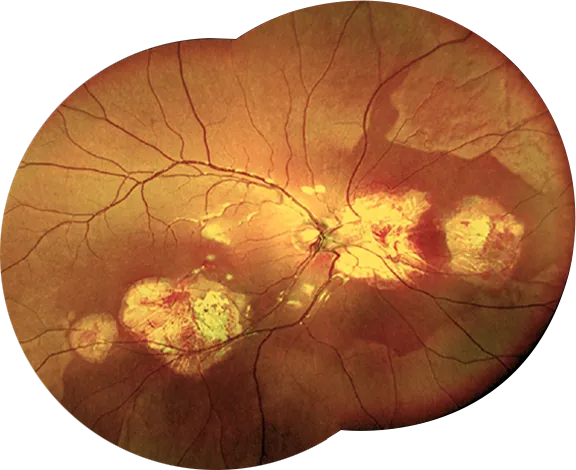The Importance of Regular Laser Retinal Imaging
Laser retinal imaging also known as digital retinal photography, is a vital diagnostic tool used by eye care professionals to assess the health of the retina. The retina plays a crucial role in vision, as it converts light into signals that the brain interprets as images. Regular imaging allows for the early detection and monitoring of various eye conditions, including diabetic retinopathy, glaucoma, macular degeneration, and retinal detachment. By capturing detailed images of the retina, healthcare providers can detect abnormalities and intervene promptly to prevent vision loss.

Frequency of Laser Retinal Imaging
How often should one undergo laser retinal imaging? This is a common question among individuals concerned about their eye health. While the frequency may vary depending on individual risk factors and medical history, it is generally recommended that adults undergo annual retinal screenings. However, certain factors may necessitate more frequent imaging, such as:
Age and Medical History
As individuals age, their risk of developing eye conditions such as macular degeneration and glaucoma increases. Additionally, individuals with a family history of eye diseases or systemic conditions such as diabetes are at a higher risk and may require more frequent screenings.
Preexisting Eye Conditions
Individuals with preexisting eye conditions, such as diabetic retinopathy or retinal detachment, may need to undergo laser retinal imaging more frequently to monitor disease progression and treatment effectiveness.
Lifestyle Factors
Certain lifestyle factors, such as smoking and high blood pressure, can increase the risk of developing eye diseases. Individuals with these risk factors may benefit from more frequent screenings to monitor their eye health closely.
Benefits of Regular Screening
Early Detection and Treatment
Regular laser retinal imaging enables healthcare providers to detect eye conditions at their earliest stages when treatment is most effective. Early intervention can prevent vision loss and preserve overall eye health.
Monitoring Disease Progression
For individuals with preexisting eye conditions, regular imaging allows for the ongoing monitoring of disease progression and treatment effectiveness. Adjustments to treatment plans can be made promptly to optimize outcomes.
Peace of Mind
Undergoing regular screenings provides peace of mind, knowing that your eye health is being actively monitored by a qualified healthcare professional. Early detection of potential issues can alleviate anxiety and allow for timely intervention if needed.
Conclusion
Laser retinal imaging is a valuable tool in the early detection and management of various eye conditions. Annual screenings are generally recommended for adults, although individual risk factors may warrant more frequent imaging. By prioritizing regular eye exams and screenings, individuals can safeguard their vision and maintain optimal eye health.



